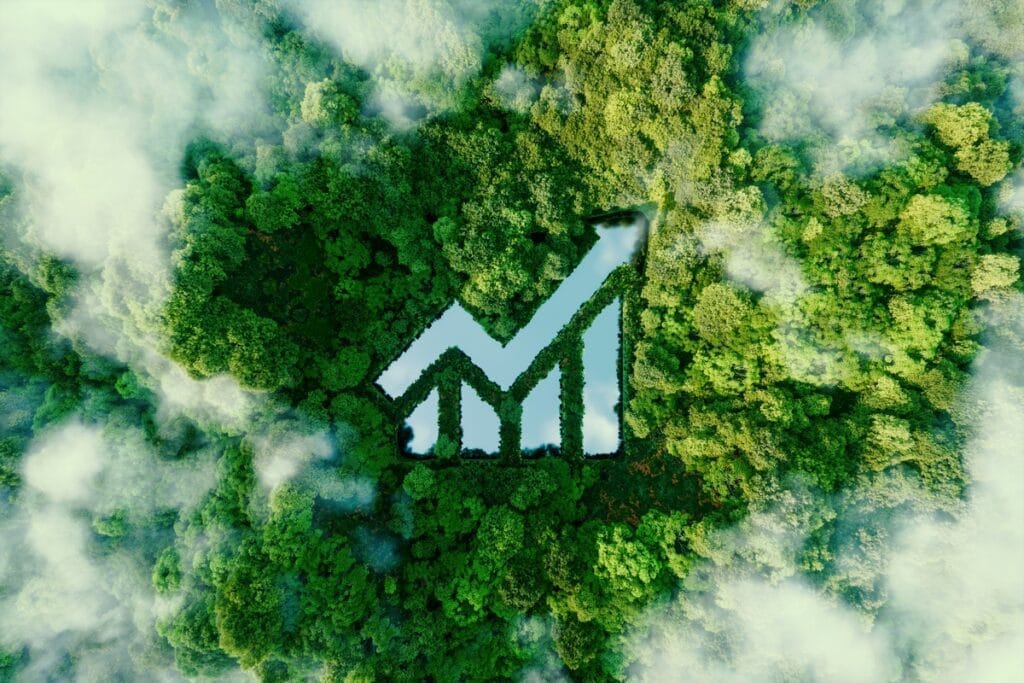Facing increasing pressure to reduce greenhouse gas (GHG) emissions, Morocco is preparing to create a carbon market with regional reach, while aiming for a 45.5% reduction in its emissions by 2030, in accordance with its nationally determined contributions (NDCs).
This innovative project has been realized through a memorandum of understanding between the Caisse de dépôt et de gestion (CDG) and Casablanca Finance City (CFC). Based on the “polluter pays” principle, this mechanism seeks to accelerate the ecological transition, stimulate investments in clean technologies, and enhance the competitiveness of Moroccan exports, particularly in light of the EU’s carbon adjustment requirements.
However, before considering regional expansion, Morocco must first establish a functional carbon market within its own territory.
**A potential to be managed with caution**
Dr. Saïd Guemra, an energy expert, calls for caution regarding Morocco’s ambitions in sustainable finance. He emphasizes that successfully establishing an operational carbon market would already be a significant achievement. Currently, the country’s carbon certificates mainly come from renewable energy projects, representing about 21% of the electricity mix and helping to avoid 6.67 million tons of CO2.
Although this figure is significant, it remains modest compared to the 120 million tons of CO2 emitted by Morocco in 2023. A carbon market operates through a system of emission quotas allocated to companies. For example, if a company reduces its CO2 emissions through a renewable project, it can use the generated certificates to offset its carbon tax or sell the surplus.
However, Morocco faces obstacles, such as a limited volume of certificates and the need for reliable certification to ensure the credibility of its market on an international scale.
**The FCCM: A lesson to be learned**
Morocco has already attempted to establish a carbon market in 2008 with the Morocco Carbon Capital Fund (FCCM), but without success. According to Guemra, this failure was due to a premature launch at a time when renewable energies were still underdeveloped. Today, with the emergence of high-tension renewable projects, the context has changed. However, the market remains narrow, and it is crucial to engage industrial companies, whose contribution is currently limited.
To succeed, Morocco will need to revise its regulations on renewable energies. The national decarbonization rate, set at 6%, highlights both a delay in the energy transition and considerable untapped potential. By increasing the volume of carbon certificates, Morocco could not only meet its own needs but also establish itself as a key player in the African market and beyond.


